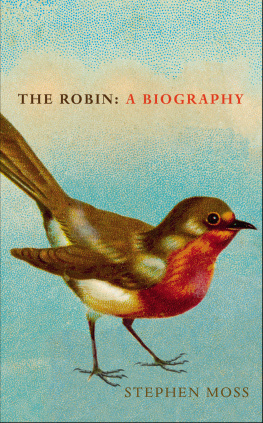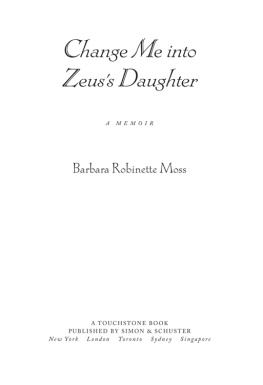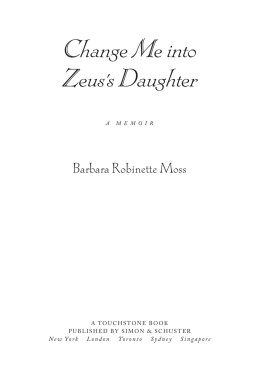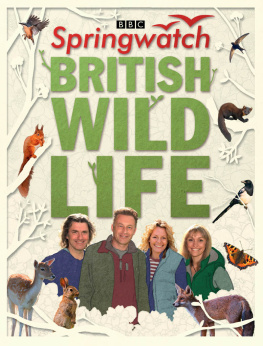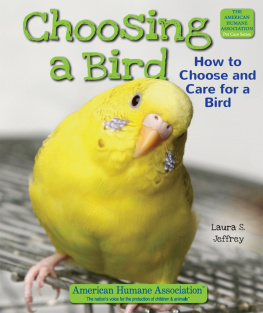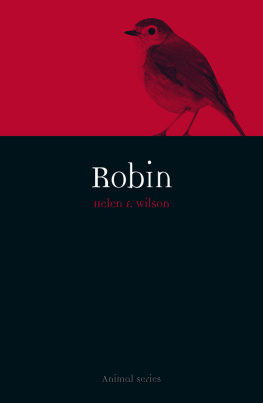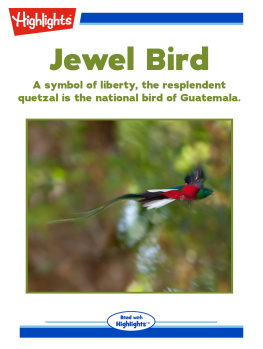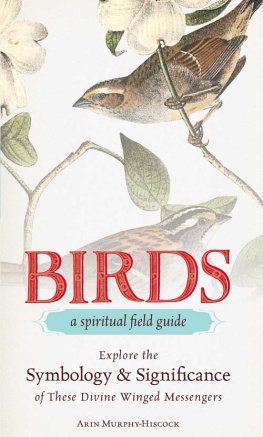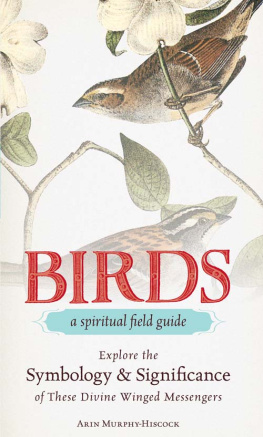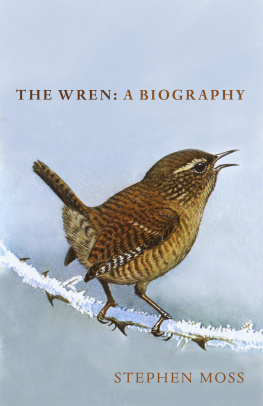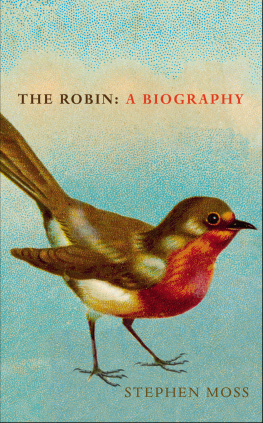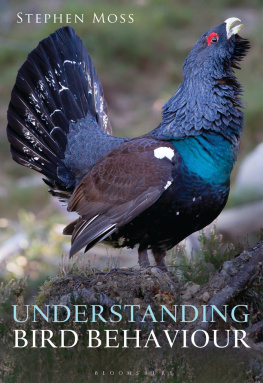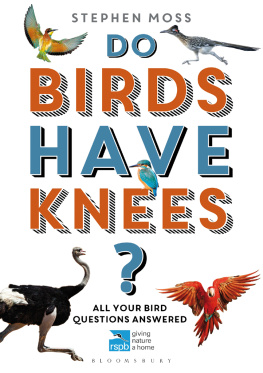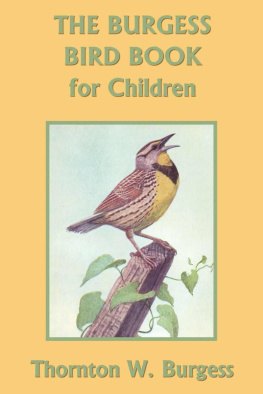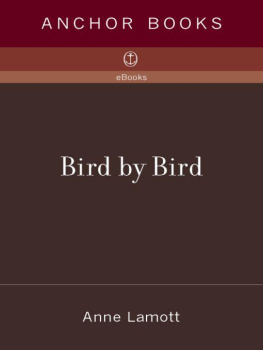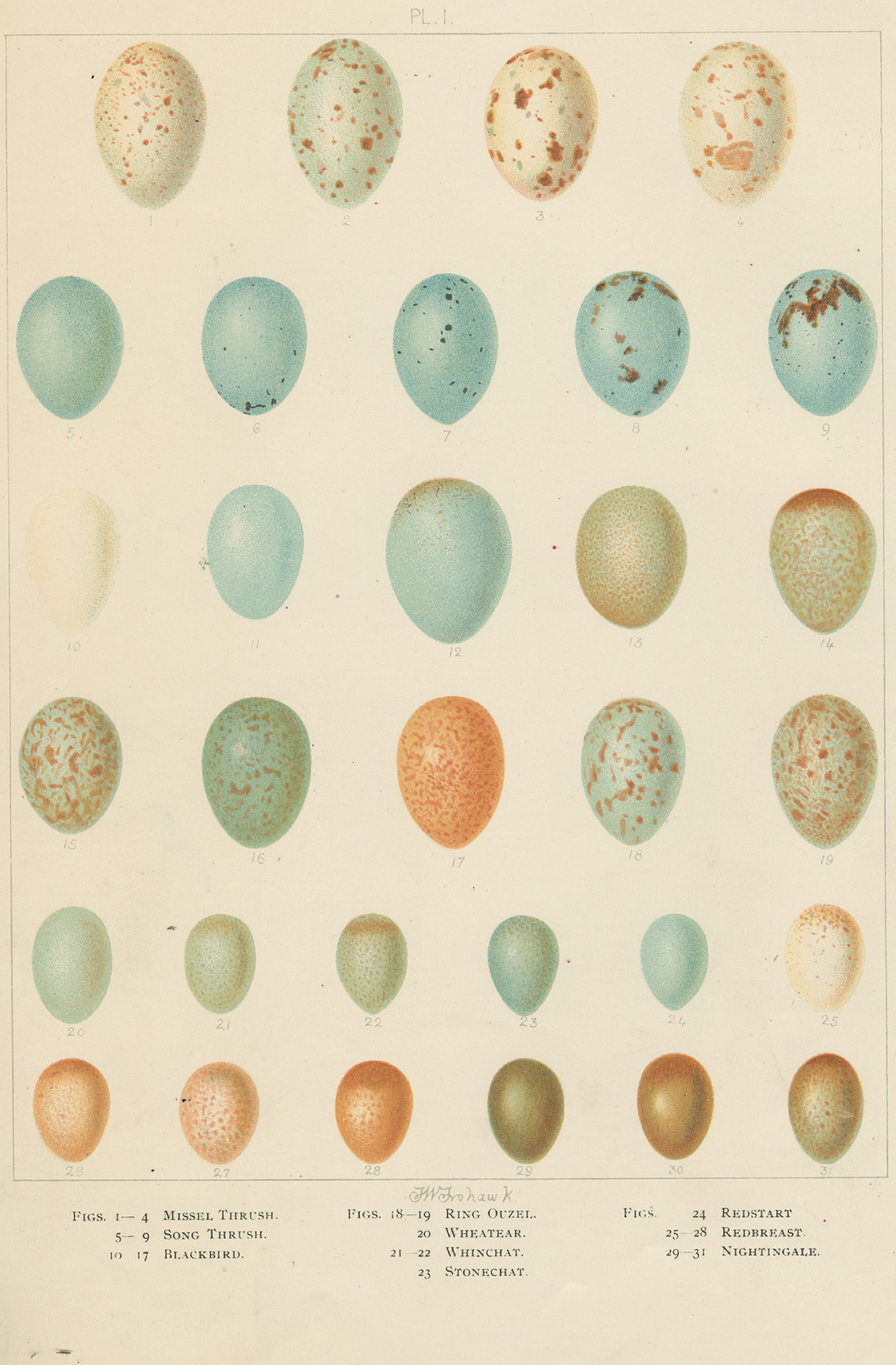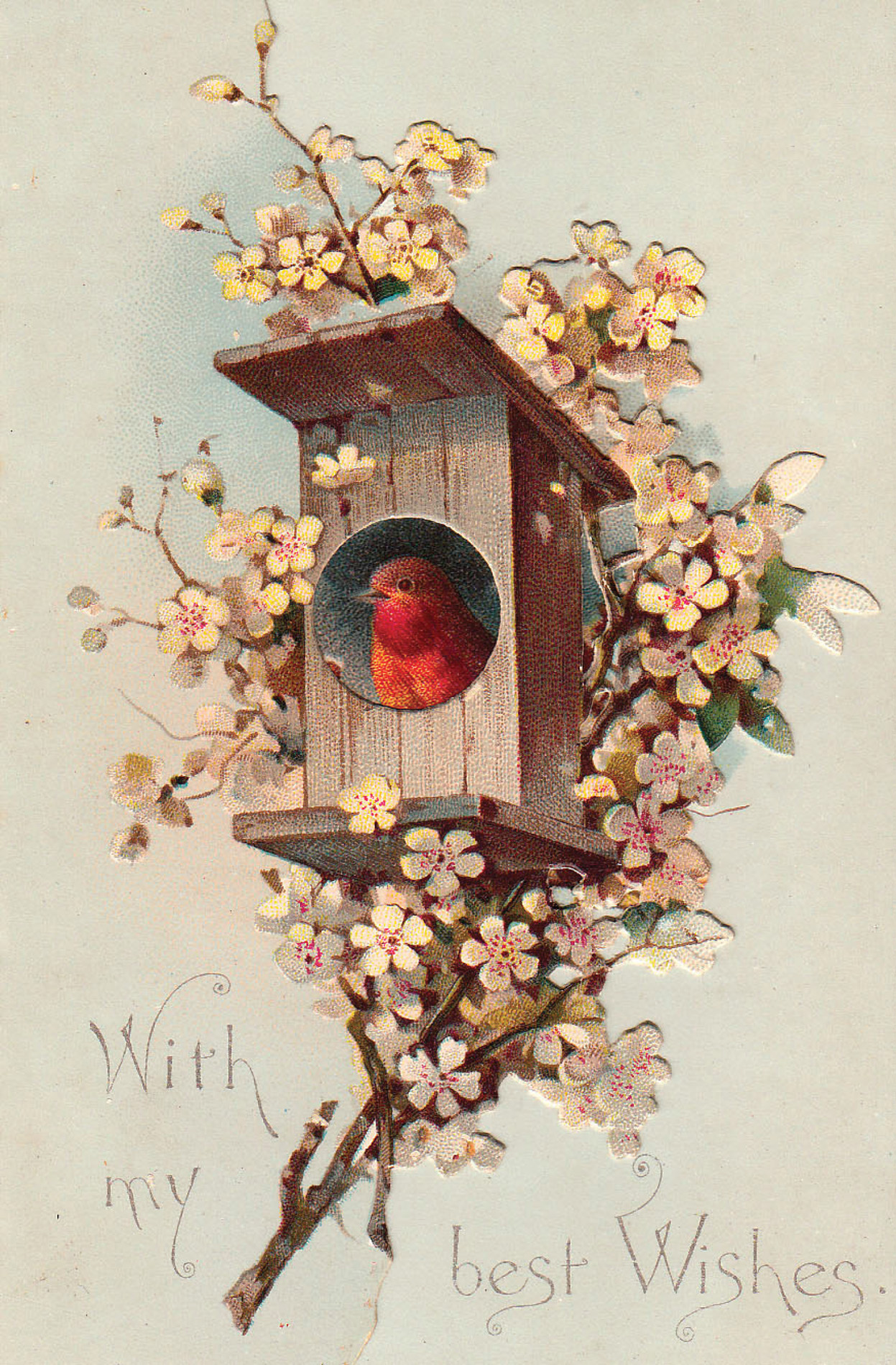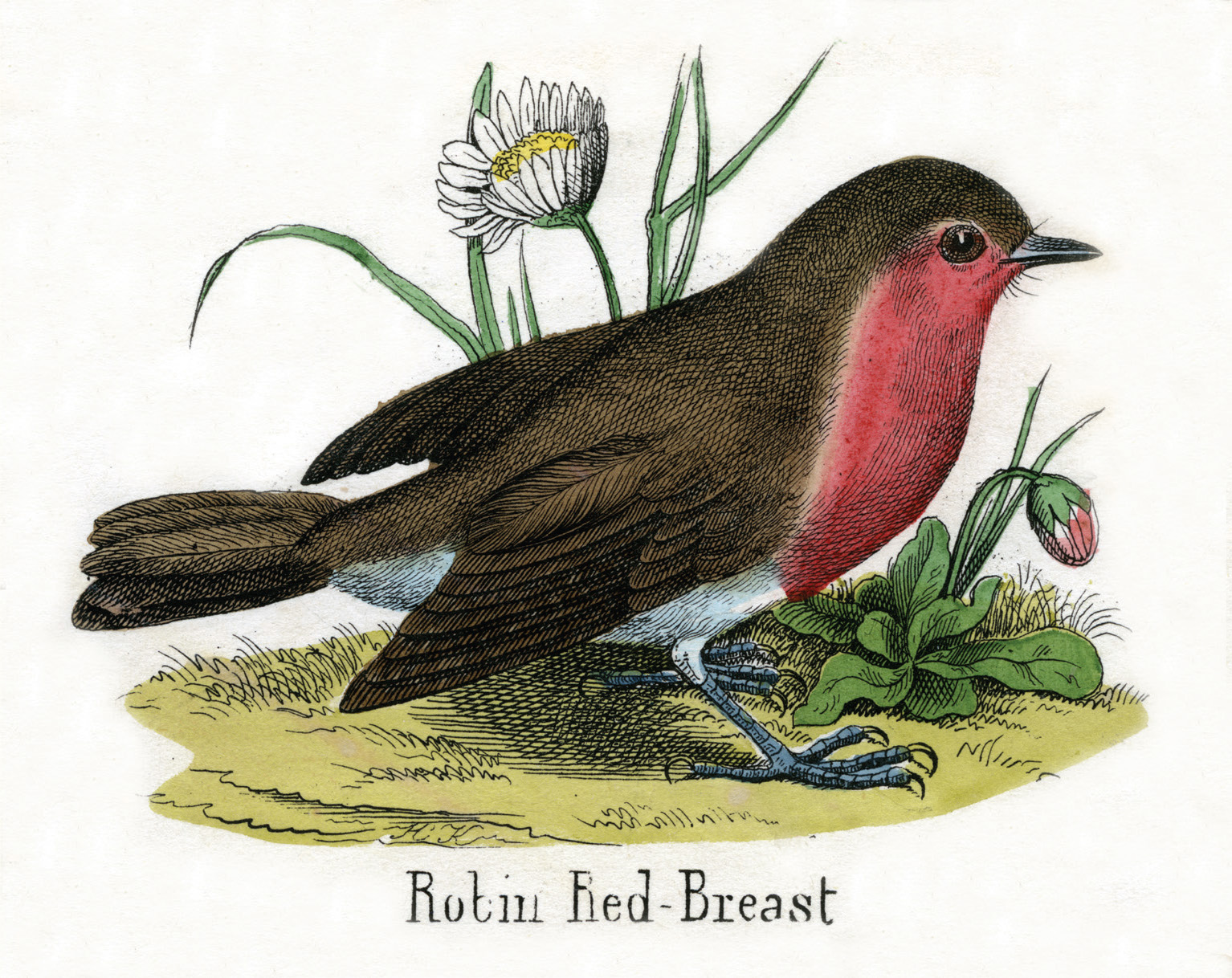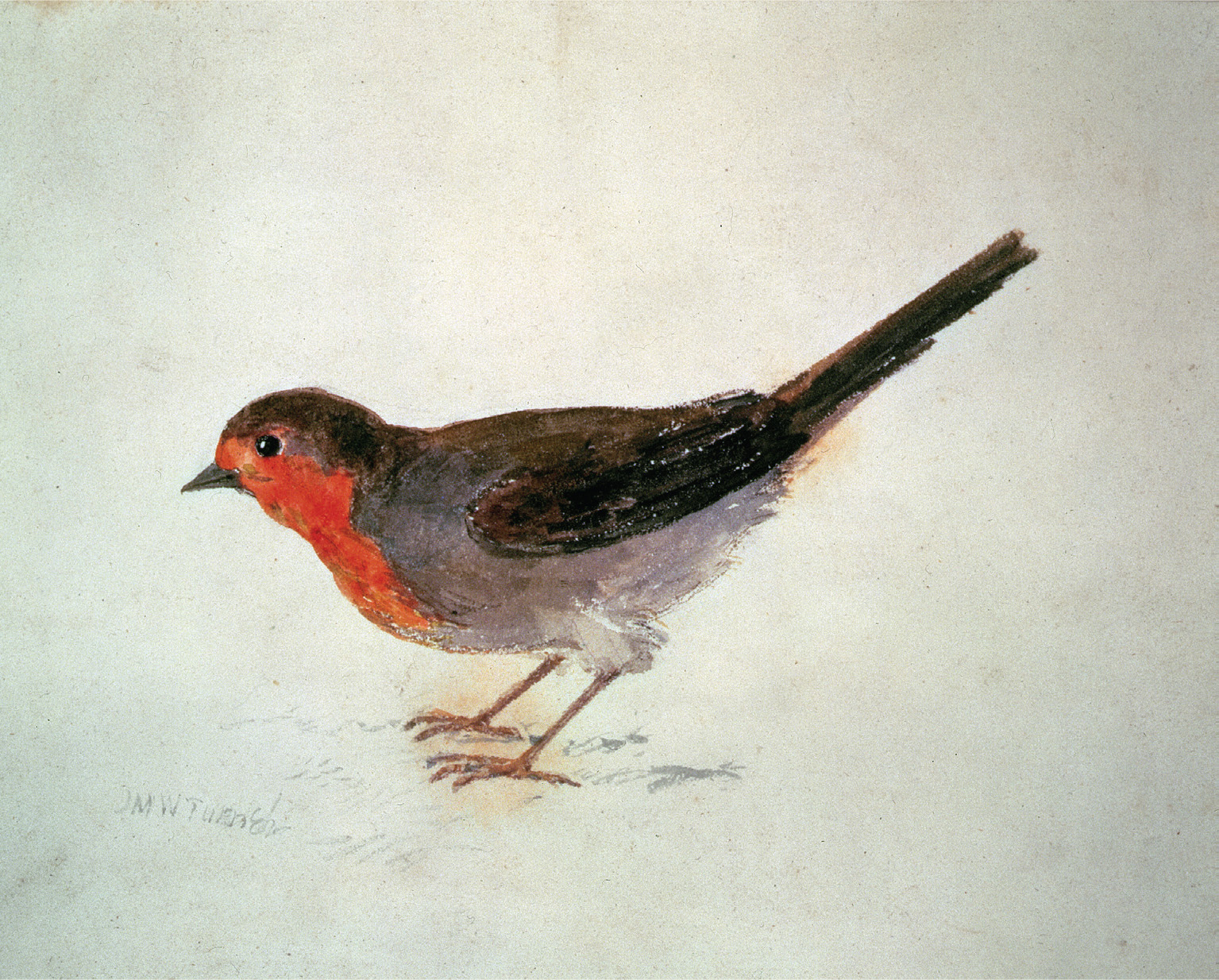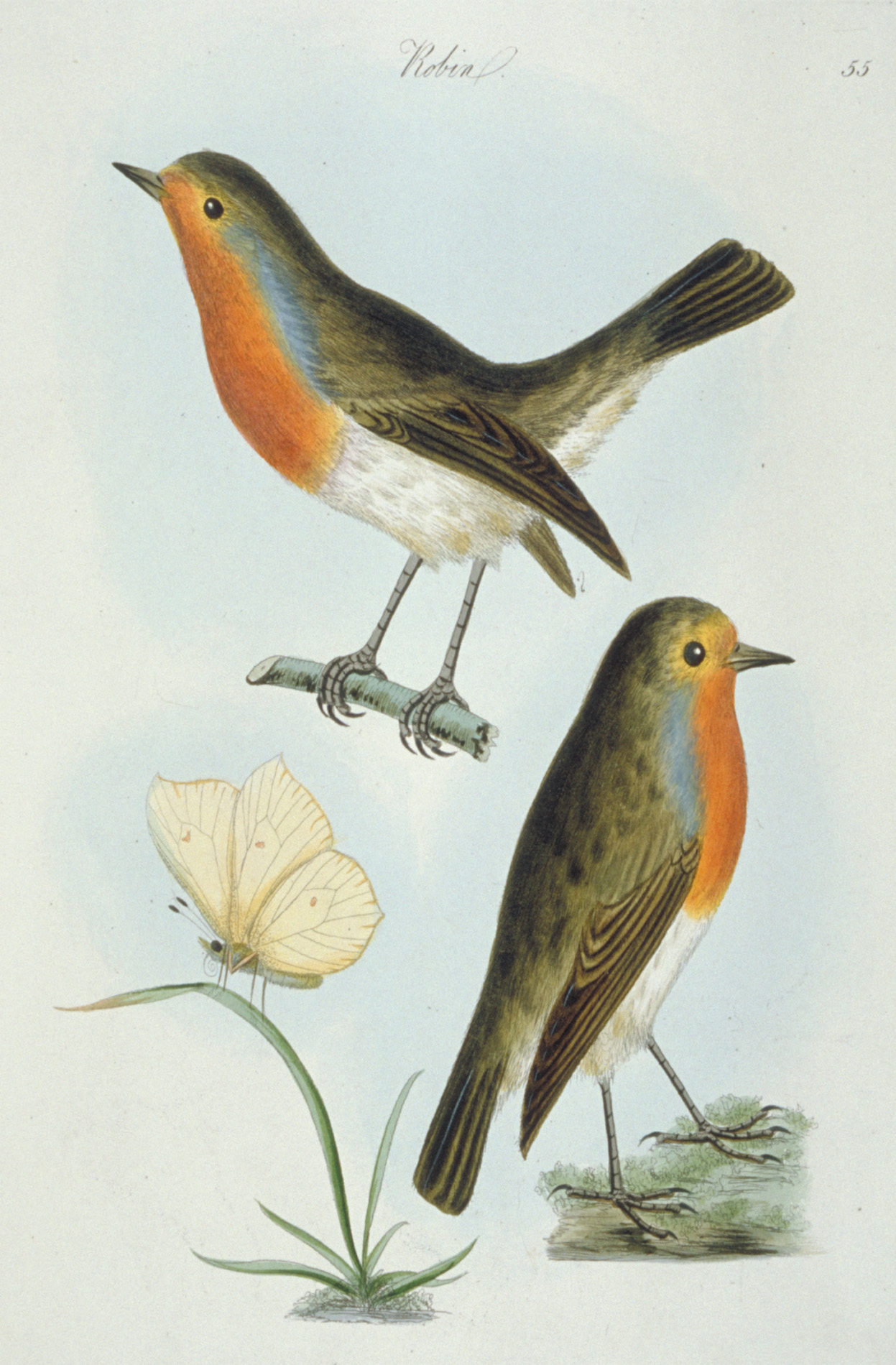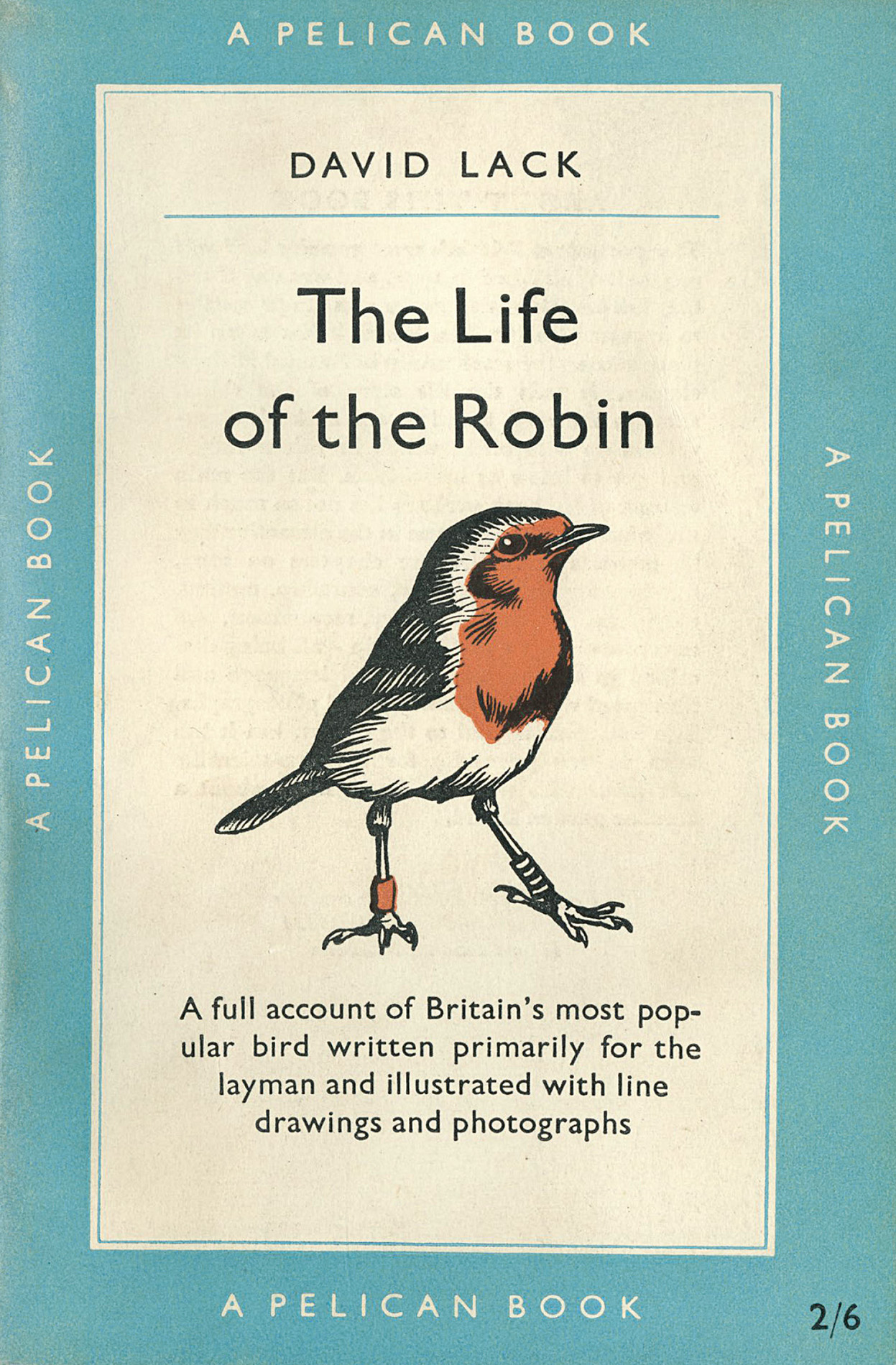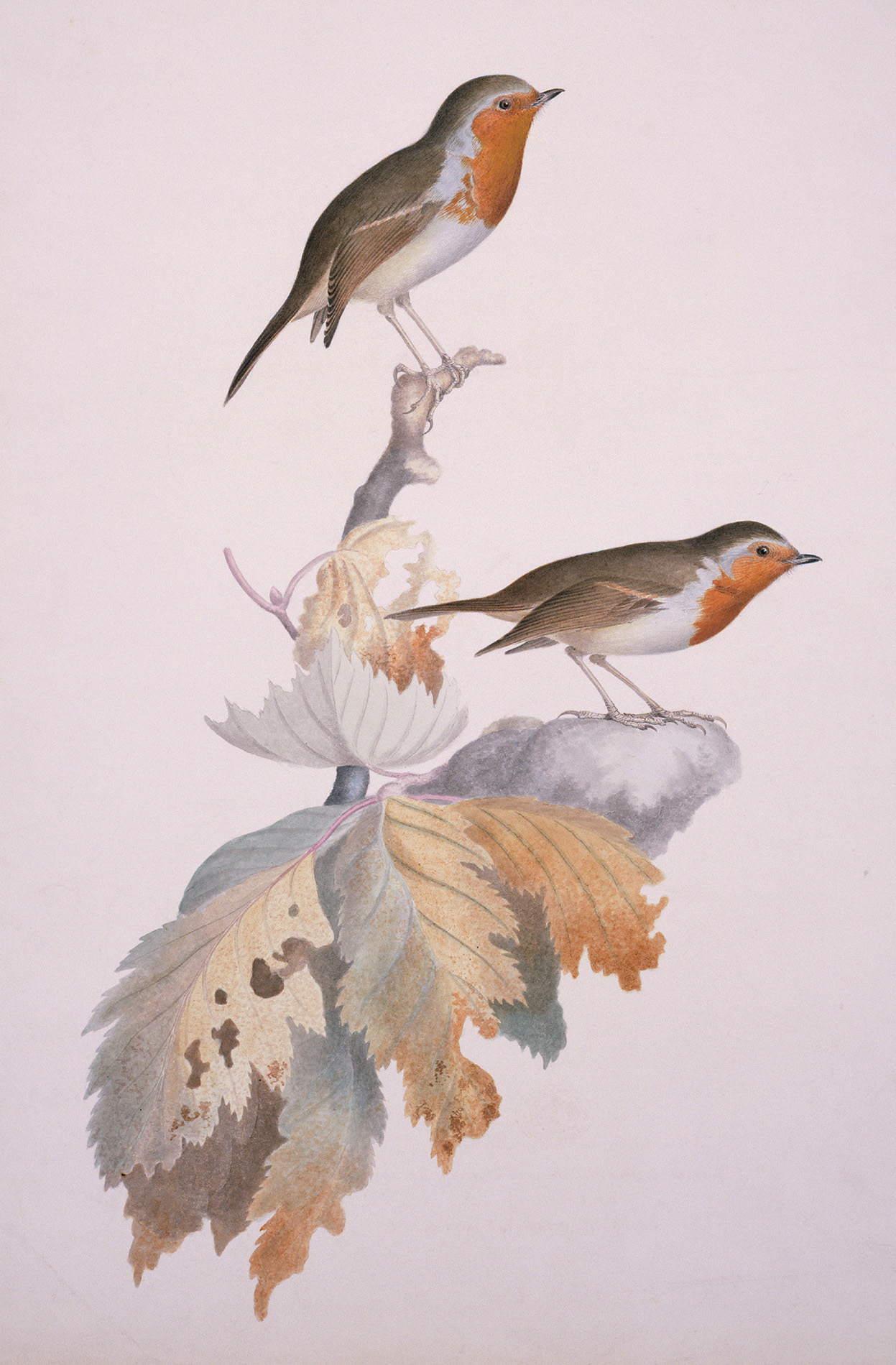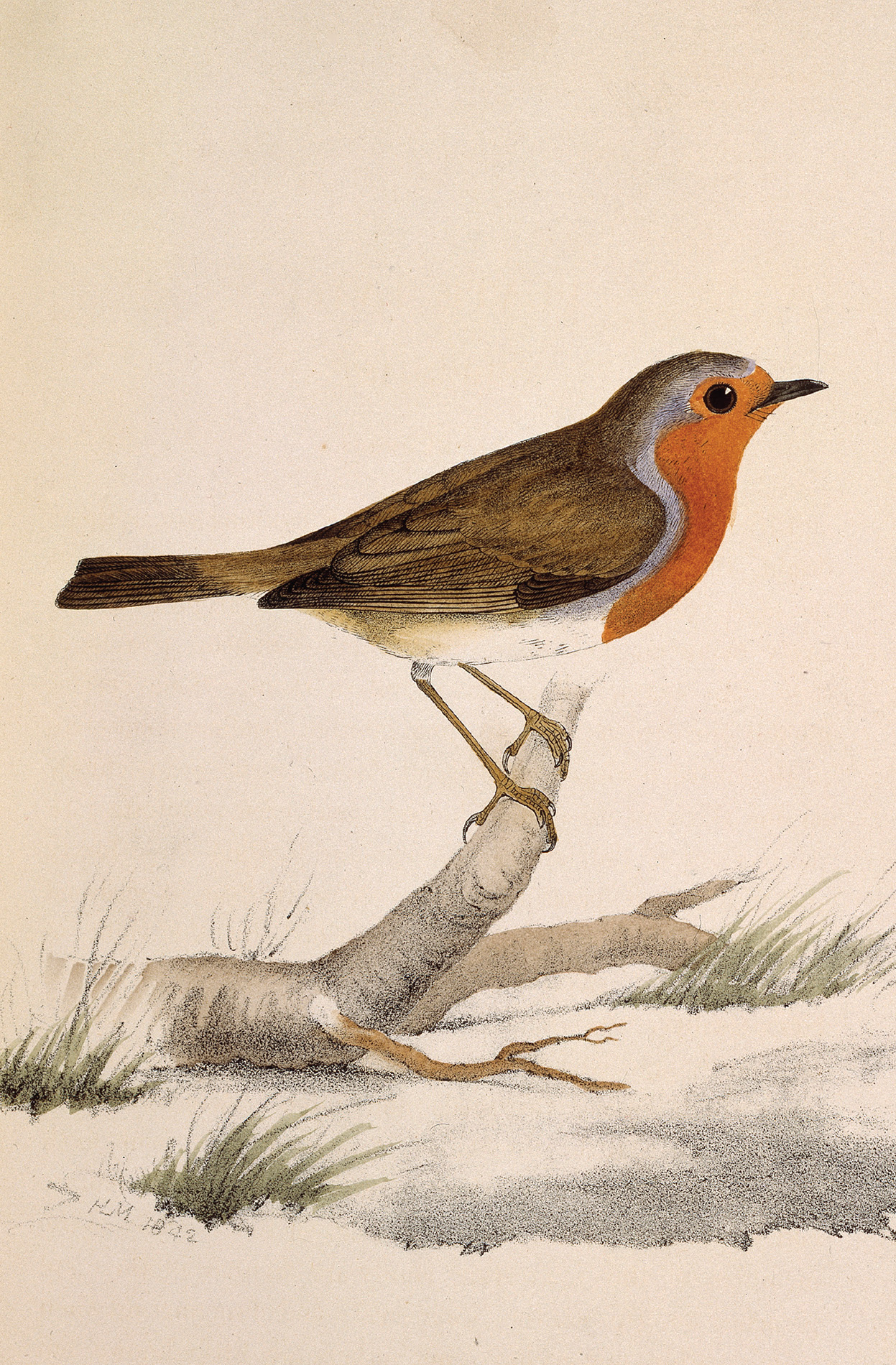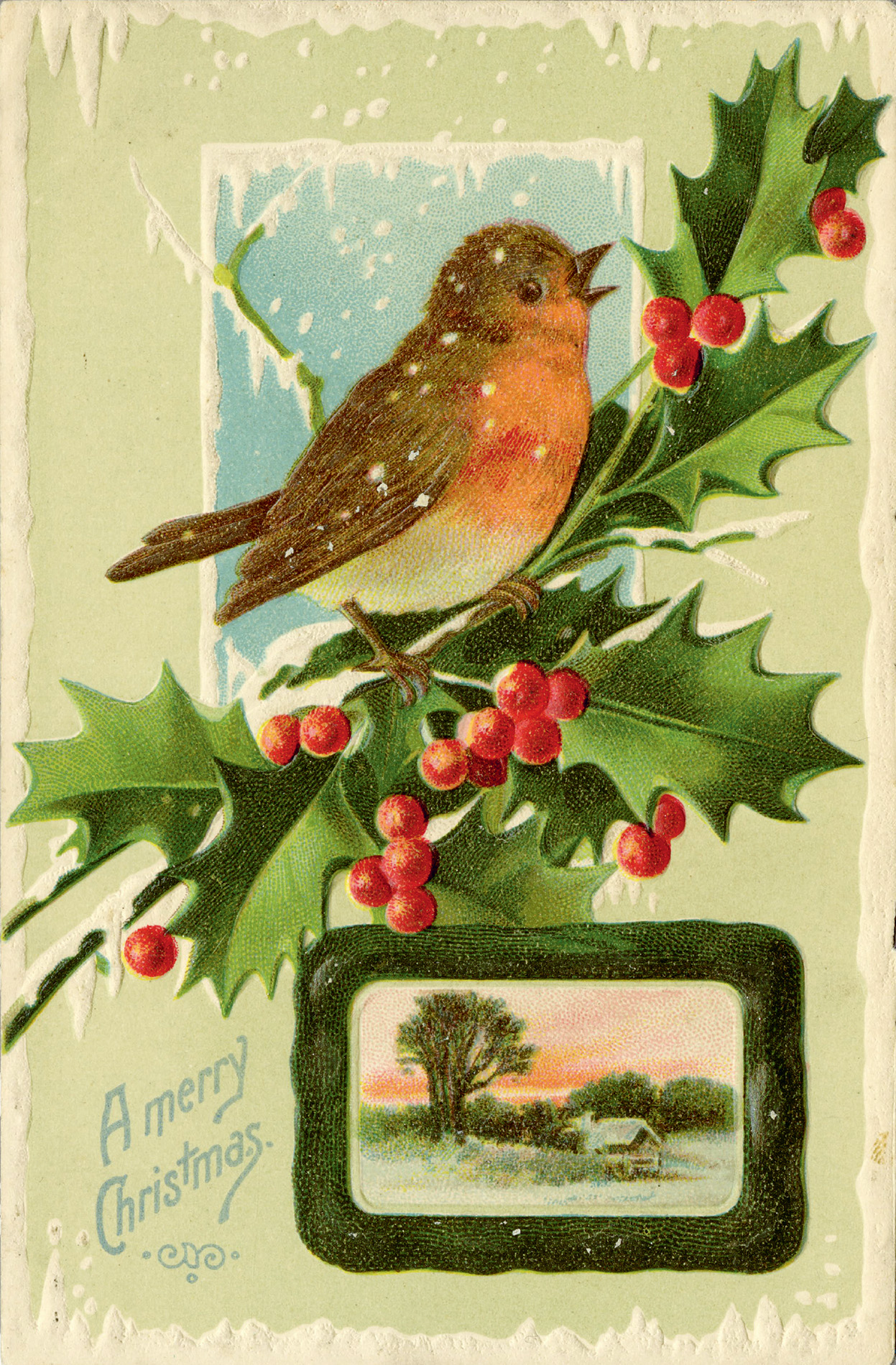CONTENTS
This ebook is copyright material and must not be copied, reproduced, transferred, distributed, leased, licensed or publicly performed or used in any way except as specifically permitted in writing by the publishers, as allowed under the terms and conditions under which it was purchased or as strictly permitted by applicable copyright law. Any unauthorized distribution or use of this text may be a direct infringement of the authors and publishers rights and those responsible may be liable in law accordingly.
Epub ISBN: 9781473546103
Version 1.0
1 3 5 7 9 10 8 6 4 2
VINTAGE
20 Vauxhall Bridge Road,
London SW1V 2SA
Vintage is part of the Penguin Random House group of companies whose addresses can be found at global.penguinrandomhouse.com.
Text copyright Stephen Moss 2017
Cover images Mary Evans Picture Library
Stephen Moss has asserted his right to be identified as the author of this Work in accordance with the Copyright, Designs and Patents Act 1988
First published by Square Peg in 2017
penguin.co.uk/vintage
A CIP catalogue record for this book is available from the British Library
To Sally Rose, my aunt, and June Dolan, my mother-in-law, who love their garden robins
I have heard of a closet naturalist who, slighting the labours of a brother in the field, alleged that he could pen a volume on the robin; but surely, if confined to the subject and without the aid of fable, it would prove a duller book than Robinson Crusoe.
William MacGillivray
Art thou the bird whom Man loves best,
The pious bird with the scarlet breast,
Our little English Robin
William Wordsworth, The Redbreast Chasing the Butterfly, 1806
Robin on a leafless bough,
Lord in Heaven, how he sings!
Now cold winters cruel wind
Makes playmates of withered things
W.H. Davies, Robin Redbreast, 1908
There is a little bird rather celebrated for its affection to mankind than its singing, which, however, in our climate has the sweetest note of all others The note of other birds is louder, and their inflexions more capricious, but this birds voice is soft, tender and well supported, and the more to be valued as we enjoy it the greatest part of the winter.
Oliver Goldsmith, from A History of the Earth: and Animated Nature, 1774
It is the first mild day of March:
Each minute sweeter than before.
The redbreast sings from the tall larch
That stands beside our door.
There is a blessing in the air,
Which seems a sense of joy to yield
To the bare trees, and mountains bare,
And grass in the green field.
William Wordsworth, To My Sister, 1798
The nest is hid close at its mossy root
Composed of moss and grass and lined with hair
And five brun-coloured eggs snug sheltered there
And bye and bye a happy brood will be
The tennants of this woodland privacy.
John Clare, The Robins Nest, 1835
No bird is earlier awake than the redbreast; it begins the music of the woods, welcomes the dawn of day. It also protracts its warble to the latest hour, and is seen fluttering about in the evening.
Georges-Louis Leclerc, Comte de Buffon, Histoire Naturelle des Oiseaux, 17711786
What little birds, with frequent shrillest chirp
When honeysuckle flowers succeed the rose,
The inmost thicket haunt? Their tawny breasts,
Spotted with black, bespeak the youngling thrush,
Though less in size; it is the redbreasts brood,
New-flown, helpless, with still the downy tufts
Upon their heads.
James Grahame, The Birds of Scotland, 1806
Stay, little foolish, fluttring thing,
Whither, ah! Whither would you wing
Your airy flight? Stay here and sing,
The mistress to delight.
No, no sweet Robin, you shall not go;
Where, you wanton, could you be
Half so happy as with me?
Sweet Robin, Anonymous, 1828
The robin redbreast and the wren
Are God Almightys cock and hen;
The martin and the swallow
Are God Almightys birds to hallow.
Nineteenth-century folk rhyme
Where are the songs of Spring? Ay, where are they?
Think not of them, thou hast thy music too
While barrd clouds bloom the soft-dying day,
And touch the stubble-plains with rosy hue:
Then in a wailful choir the small gnats mourn
Among the river sallows, borne aloft
Or sinking as the light wind lives or dies;
And full-grown lambs loud bleat from hilly bourn;
Hedge-crickets sing; and now with treble soft
The red-breast whistles from a garden-croft;
And gathering swallows twitter in the skies.
John Keats, from To Autumn, written 19 September 1819
Sweet little bird in russet coat
The livery of the closing year
I love thy lonely plaintive note
& tiney whispering song to hear
While on the stile or garden seat
I sit to watch the falling leaves
The songs thy little joys repeat
My lonliness relieves
& many are the lonely minds
That hear & welcome thee anew
John Clare, The Autumn Robin, 1835
And when the short days
Begin to be cold
Robin redbreast will come home to thee
And be very bold.
Robert Crowley, Of Flatterers, 1550
The North Wind doth blow
And we shall have Snow
And what will poor Robin do then, poor thing?
Anonymous, sixteenth century
BRITAINS FAVOURITE BIRD
As I write these words, a little bird comes to the open door of my back-garden office. Hopping towards me, he cocks his head to one side as if checking me out. Then he flies up into a nearby elder and, moments later, begins to pour out his delicate, tuneful song, full of nuance and pathos. On this late-autumn afternoon, when all is quiet in the natural world, this sight and sound fills me with an unexpected rush of joy and delight.

